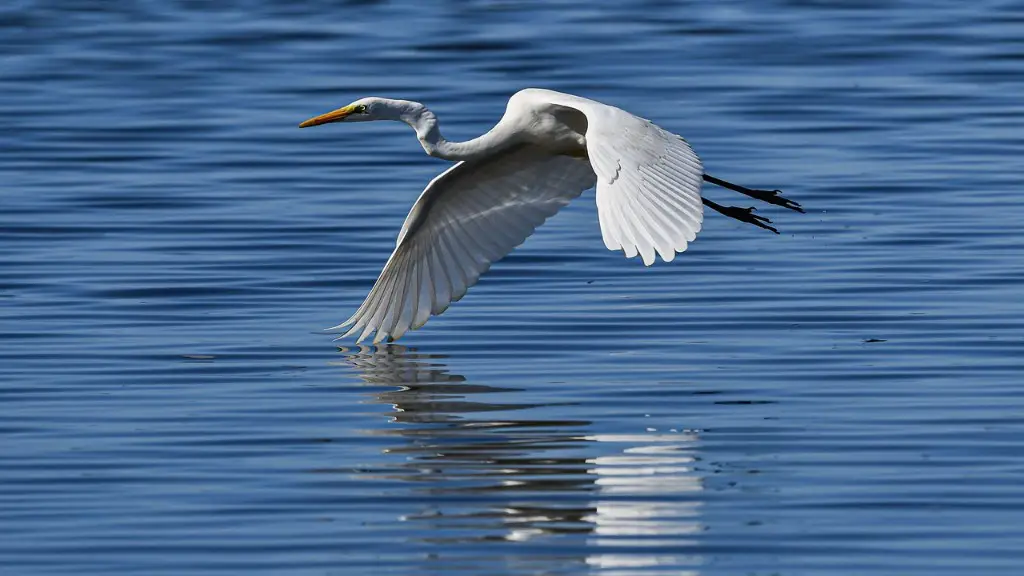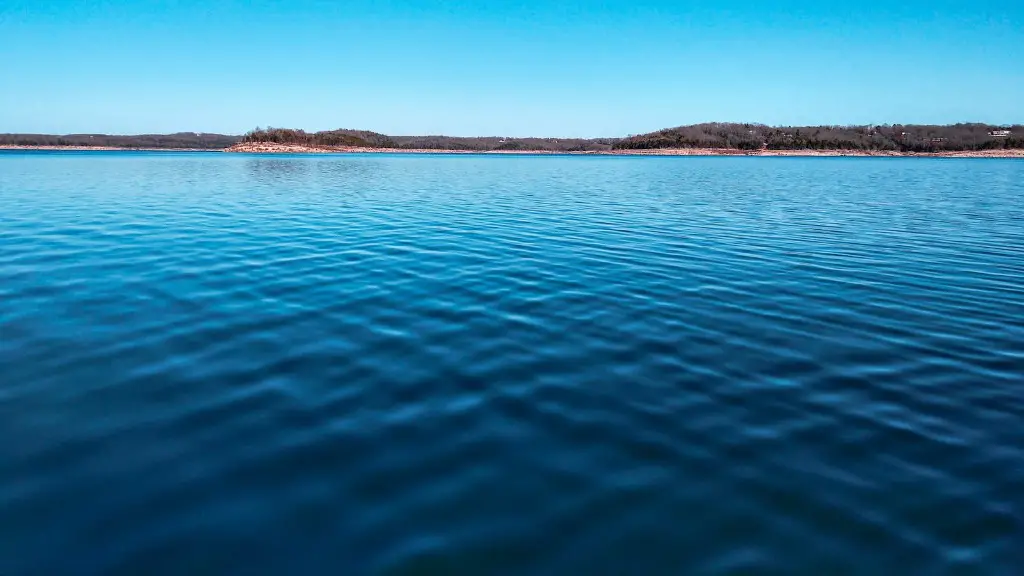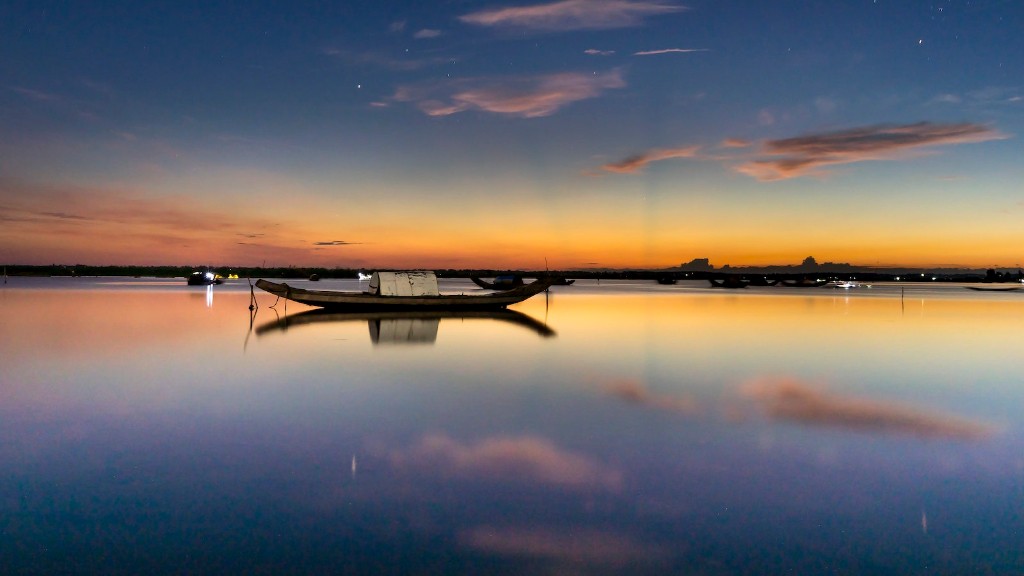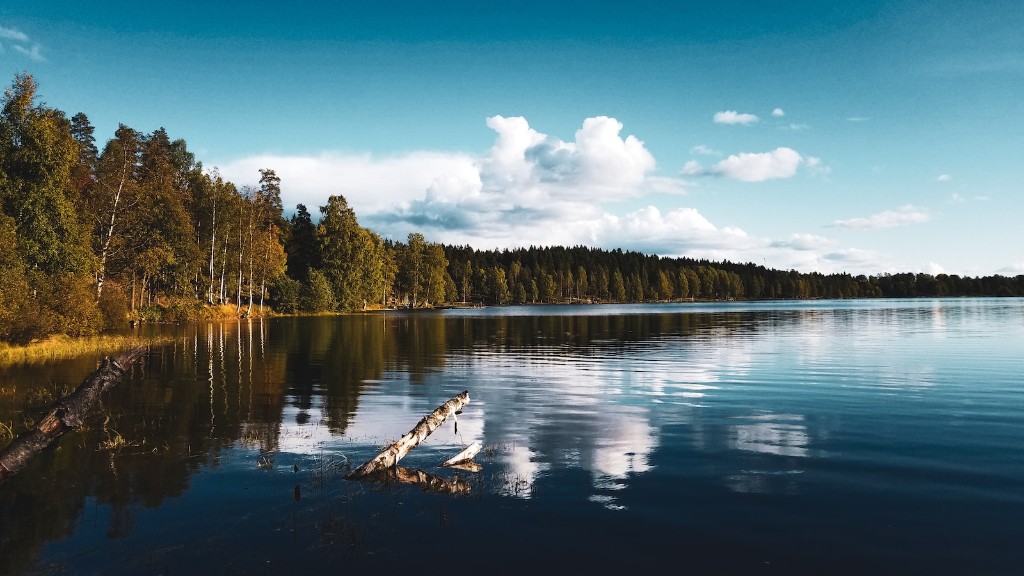The History of Lake Victoria
Lake Victoria, located in East Africa, is the largest of the African Great Lakes, as well as the second largest freshwater lake on the planet, covering nearly 70,000 square kilometers. It is also the source of the Nile River, which has been a life-giving force in the region for centuries. Its strategic importance and location, straddling the borders of Uganda, Tanzania, and Kenya, have made it an integral part of the region’s history since ancient times.
The lake was first documented by Arab traders in the 14th century, who called it Lake Ukerewe. It soon became a major focus for European explorers in the 19th century, as it was seen as a potential source of wealth and economic development. This led to the lake becoming a primary battleground in the scramble for Africa by European colonial powers, with the British eventually coming out on top and establishing the Uganda Protectorate in 1894.
Since then, the lake has continued to be a source of economic and cultural wealth for the countries that border it, and today it remains an important part of the geography and economy of East Africa.
How is Lake Victoria Affecting Africa?
Lake Victoria is having a tremendous impact on the African continent, both economically and culturally. The lake is a major source of freshwater for the local populations, providing drinking water and irrigation for crops. It is also home to numerous fish species, which provide a crucial source of sustenance for the local people.
In addition, Lake Victoria is an important center of trade and transport, with boats and ferries carrying goods between Uganda, Tanzania, and Kenya. The lake is also home to numerous ports, which serve as centers of commerce and communication and are essential for regional development.
Finally, the lake is becoming increasingly important for hydroelectric power generation, as the countries that border it are looking to maximize the potential of the abundant water resources available.
The Impact of Climate Change on Lake Victoria
The effects of climate change are already being felt in the region, with Lake Victoria experiencing a dramatic drop in water levels over the past few decades. This has put tremendous pressure on the local people and the environment, as the lake’s plenty of water is becoming increasingly scarce.
In addition, another consequence of climate change is increased water temperatures in Lake Victoria. This is leading to an increase in the number of disease-carrying organisms, such as mosquitoes, which are linked to increased occurrences of malaria and other illnesses.
Finally, rising global temperatures are leading to an increase in the evaporation of Lake Victoria’s waters, causing the lake to shrink and reducing its overall productivity. This is having a devastating effect on the local populations, as well as the environment.
The Environmental Impact of Lake Victoria
The lake has been subjected to various forms of pollution, both from agricultural and industrial sources. Lake Victoria is also suffering from the effects of overfishing, as local populations increasingly rely on it as a source of sustenance. This is leading to the depletion of the lake’s fish stocks, and a decrease in biodiversity.
Another concern is the impact of invasive species, such as the water hyacinth and the Nile perch, which have been introduced to Lake Victoria and are now threatening the integrity of the local ecosystem.
Finally, industrial pollution is causing the water quality to decline, leading to increased levels of pollutants in the lake and a decrease in water quality. This has caused a decrease in water availability and an increase in water insecurity in the region.
The Impact of Lake Victoria on the Local People
The people living around Lake Victoria are highly dependent on the lake for their livelihoods. Local populations rely on the lake for fishing, agriculture, drinking water, transport, and other uses. However, the lake is also the source of a great deal of hardship, as it is subjected to a variety of environmental and economic pressures.
The lake’s declining water levels are leading to water insecurity and a decrease in agricultural productivity, while the pollution of the lake is leading to water-borne illnesses and other health problems.
The decline in fish stocks as a result of overfishing is also impacting the local people, as they are increasingly unable to rely on the lake as a source of sustenance. Finally, the introduction of invasive species is threatening the regional biodiversity and thereby reducing the productivity of the lake.
The Role of International Aid in Protecting Lake Victoria
Due to the importance of Lake Victoria for the people and environment of East Africa, the international community has been supporting the countries of the region in their efforts to protect and preserve the lake. This has included providing financial and technical assistance to help improve the management of the lake and its resources, as well as increasing public awareness and education on the value of the lake’s resources.
International aid has also been used to fund research and monitoring of the lake, as well as to set up environmental protection and conservation initiatives. These initiatives are aimed at restoring the lake’s productivity and preserving its biodiversity, as well as improving the overall management of the lake and its resources.
Finally, international aid is also being used to develop cooperative management initiatives between the countries that border Lake Victoria, in order to ensure that the lake’s resources are managed in a sustainable manner and for the benefit of the entire region.
Conclusion
Lake Victoria is without a doubt one of the most important resources in East Africa, providing sustenance and economic growth to the region since ancient times. However, a combination of climate change, pollution, overfishing, and other human activities is putting tremendous pressure on the lake and its resources, leading to a decline in its overall productivity and a decrease in water and food security in the region.
Fortunately, the international community has stepped in to support the countries of the region in their efforts to protect and preserve the lake, providing financial and technical assistance and supporting research and monitoring initiatives. These efforts are helping to ensure that the lake’s resources are being managed sustainably and for the benefit of the entire region.





